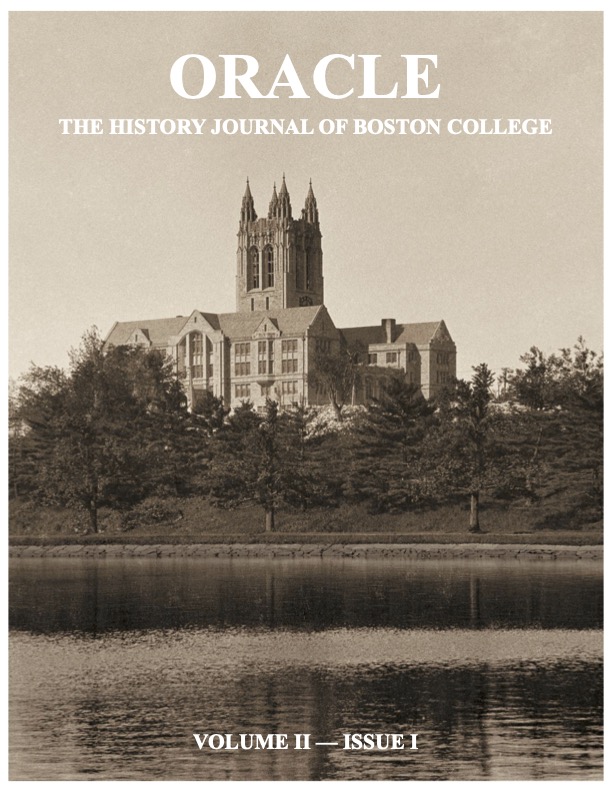Wayward Sons
The New British Masculinity in World War I
Keywords:
gender, masculinity, propaganda, recruitment, World War I, British historyAbstract
At the 1914 outbreak of World War I, the popular image of the British soldier had fundamentally changed from its portrait only three decades earlier. The British public and media hailed the soldier, once seen as failing in his masculine duties, as the new epitome of manhood. Such a drastic reversal suggests that the British government somehow enacted this shift in public opinion out of a need for fighters in World War I. This essay argues instead that a gendered shift was in fact already taking place through the mid- to late-19th century, nudged on by the development of the British empire and European social sciences. Wartime propaganda reflected this shift and used it recruitment purposes. Themes of imperialism and Social Darwinism which appear in propaganda posters are consistent with the evolving public image of soldiers in the decades before the war. The documents and artwork of these years depict a soldier who was productive, protective and primal, all of which we find in the transition from Victorian to Edwardian Britain. Propaganda emasculated civilians who did not fit their narrative, specifically conscientious objectors, while underplaying or censoring the stories of soldiers who challenged it. Thus Britain seized on already shifting trends to weaponize masculinity as a recruitment tactic and motivator in the war.


